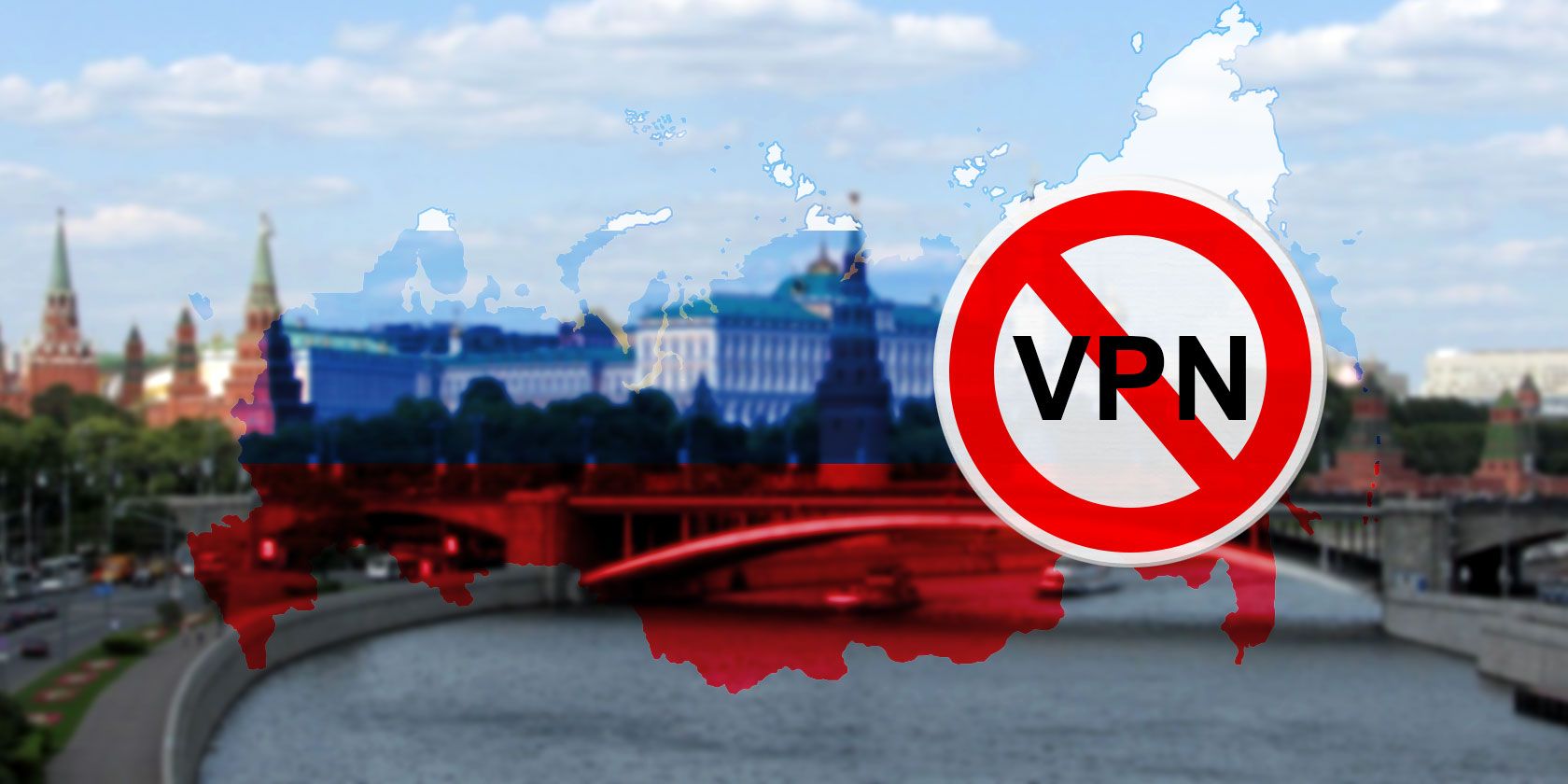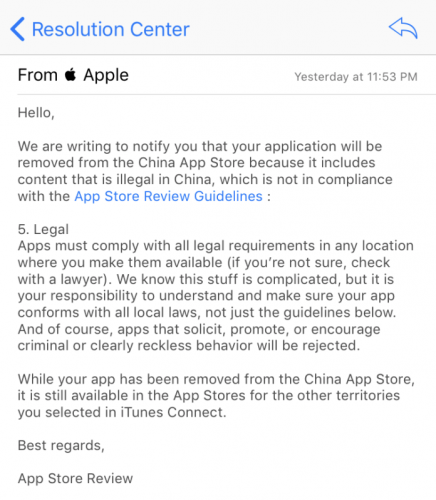Millions of people around the world use VPNs to protect their privacy while online.
As many of you will know, accessing the web using a high-quality paid VPN service hides your IP address, encrypts your traffic, lets you access some geo-blocked content, and prevents you ISP from knowing what you're looking at.
Perhaps understandably, some of the most oppressive regimes in the world aren't too happy about it. States that want to keep a tight control on what their citizens are exposed to see VPNs as a weak point. Residents can use them to bypass a state's control over news networks or organize anti-government protests.
As such, some states are moving to ban the use of VPNs. One such state is Russia. China is another. Let's take a closer look.
Russia and China: A Closer Look
The list of countries that ban VPNs reads like a who's who of the most troublesome locations on the planet. Places such as Cuba, North Korea, Libya, Syria, Myanmar, Iran, Saudi Arabia, Vietnam, Bahrain, and Yemen all restrict usage.
However, the two most prominent countries are Russia and China. Russia has only just joined the list. After the passage of a new law over the weekend, nobody in Russia will be able to use VPNs or proxies from 1st November 2017.
According to CNN, chairman of the Russian parliamentary committee on information policy and communications, Leonid Levin, said the following:
"The law does not introduce any new restrictions and especially no censorship. My colleagues only included the restriction of access to information that is already forbidden by law or a court decision."
Russian internet regulator Roskomnadzor already maintains a list of blacklisted sites. Levin is essentially saying the new law is only designed to enforce the list. Of course, the cynics say that it's a way for Putin to control the flow of news. There will be presidential elections in March 2018.
Regardless of the reason, there's no denying that the new law represents a major blow to the country's open internet. With the ongoing debate over net neutrality in the United States, it seems like it could be a sign of things to come.
China
The other big player in the war on VPNs is China. By sheer coincidence, on the same weekend that the Russian news broke, Apple also said it was pulling all VPN apps from the Chinese version of its App Store.
It's the latest salvo from the Chinese government, who earlier in 2017 had been forced to deny a Bloomberg story which claimed all VPNs would be banned in the country from the start of 2018.
Apple let all VPN providers know in an email over the weekend, claiming their apps "did not comply with the legal requirements [in China]."
Apple's move follows a new law that the Chinese government passed in January 2017. It said all VPN providers would need government approval in order to operate. Unsurprisingly, no non-Chinese apps have yet been given approval.
How Are States Enforcing the Bans?
Of China's 650 million internet users, it's thought around one-third use a VPN service. Therefore, Apple's move has created quite a stir.
The crackdown in China has only been possible thanks to an upgrade to the country's internet censorship equipment.
Known colloquially as "The Great Firewall," the project employs more than two million people to keep China's citizens from freely viewing the web. The firewall blocks most social media networks along with several globally renowned news sites such as The New York Times, Bloomberg, and Time.
The attack is two-fold.
First, the country is targeting middleman stores like Apple's iTunes. If Apple wants to maintain a presence in the country, it's legally bound to comply with the government's request.
Second, China has instructed all the state-run telecommunications firms, such as China Mobile, China Unicom, and China Telecom, to block access to the services.
Russia
Given the Russian news is so fresh (remember, the VPN ban in China has been simmering for more than six months), it's unclear how Putin's government intends to enforce the crackdown.
Broadly, it's expected Roskomnadzor will be tasked with implementing the ban. The agency already requires all user data to be held on Russian servers and for all ISPs to retain traffic and browsing data for up to one year.
As such, even if users manage to circumnavigate the initial ban, it will be quite clear to the authorities who are using VPNs, even if they can't directly see what content the user was accessing. One can only imagine the Russian law enforcement agencies will take a dim view of perpetrators.
As an additional way to enforce the ban, the Russian government has also made it a legal requirement for any chat app to make a user identifiable through their phone number. Previously, it was a voluntary system, as it is elsewhere in the world. The same law also requires the provider to limit access to its app if the user is "spreading illegal material." VPNs will now fall under that definition.
What Can You Do?
If you're a visitor to China, Russia, or one of the other countries in the world that block VPNs, what can you do? In short, we don't know yet.
If you have a VPN provider from elsewhere, is there a chance it would work when you're within a restrictive country's borders? Time will tell. Logically, one can assume it's only a matter of time until maverick VPN providers are creating services specifically for people in those countries, but they will be illegal.
And what about if you work for a multinational corporation in China or Russia that needs a VPN to securely access the outside web? Again, we don't know. Businesses are clearly worried; some international companies in China have even closed their Chinese operations after similar moves in the past. For anyone involved with the world's second largest economy, it's a worrisome situation.
Ultimately, remember this: using a VPN in China and Russia will soon be illegal. If you decide to circumnavigate the ban in any way, you will be in breach of that country's law. You will have to face the consequences of your actions. Don't risk it.
How Did You React to the News?
With every passing day, it seems like the internet is becoming increasingly restricted. It's easy to point the finger at Russia, China, and other similar countries, but western nations are taking similar steps as well.
The loss of net neutrality threatens to undermine the entire operation of the web in the United States. The U.K. government has passed draconian internet surveillance laws. The Netherlands, internationally renowned for its liberal values, passed sweeping surveillance laws in 2016. The list goes on.
Has the internet passed its golden age? Will we ever see the same level of online freedom again? Let us know what you think about Russia, China, and the state of online freedom in the comments below.



